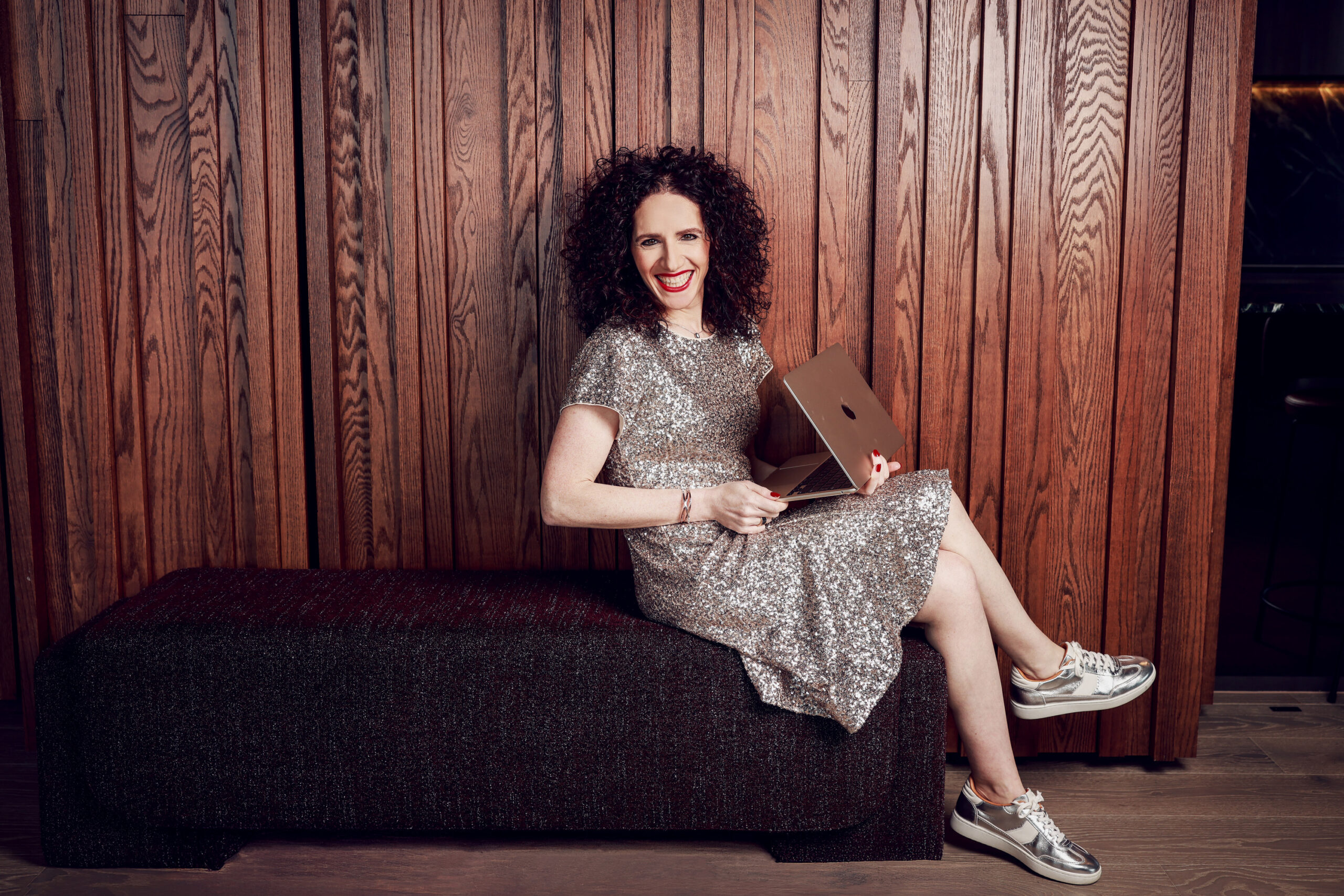
By Shelley Blanton-Stroud
My debut novelist friends like to play this game called, My Favorite Amazon Review. (And by favorite, we don’t mean best.)
Here’s the headline of my favorite review so far: “Definitely a book for feminists–three stars”.
This is not the worst review my novel ‘Copy Boy’ has gotten. In fact, Amazon appears to have taken down one that gave me a DNF, short for “did not finish”, to go with two stars. (The reviewer’s comment said that she didn’t have time to read my book, though she did have time to give it two stars).
In fact, I’ve got a nice, respectable folder of kind, supportive reviews. (Thank you, thank you, thank you, Aunt Penny and Uncle Dwight and all your neighbors.)
But this is the review I keep chewing on: “Feminist—three stars.”
Is my reviewer implying a causal relationship? Is it three stars (meh) because it’s feminist? Or is she politely identifying something she liked about my novel in spite of its disappointingly three-ish qualities? You know, like, “I didn’t get it, or like the heroine, but she sure turned out powerful and I can see how that might come in handy.” Maybe that’s what she meant.
I didn’t set out to write a feminist novel. But it obviously turned into one. When I got an early author endorsement from the brilliant novelist and all-around mensch, Sharma Shields, I knew I’d found the blurb we’d put on the front cover: “This is Raymond Chandler for feminists.”
Sharma had figured out what I was doing before I did. (I’m a slow learner.) I was trying to feminize my beloved noir genre—as if the new, tv-remake Perry Mason’s titular character, played by Matthew Rhys, a tragically funny, five-o-clock-shadowed WWI vet, were instead a wise-cracking, teenaged, cross-dressing girl in a fedora with a cigarette and bandage-bound breasts. I was shaking things up. I just didn’t get that that shaking-up was feminist.
Here’s what I did get. My protagonist was going to grow out of the dirt of a 1937, dust-bowl, Okie, Hooverville tent camp and run away to the city, where she’d fight not only for herself but for other people, when it finally came down to it and she really had to choose. I got that my character, like so many people who have risen from low places—out of poverty, drought, war, crime, enslavement, plague, abuse—had grit. She was tough in the way of so many of my own relatives who survived the terrible hard times of the Great Depression.
My protagonist is gritty. I knew that. That was the point. She fights and bests a man to save her own life. She reinvents herself as a man to get work when there is none for a woman. She thrives at that job, rising up every time she fails, to try again. She also fights and struggles to protect other people, weaker people, when she sees she must. She is gritty. But apparently that doesn’t always make her likeable. Go figure. Seems like it does make her feminist.
Maybe you watched the TV miniseries, ‘Mrs. America’, starring Cate Blanchett as the conservative Phyllis Schlafly, “sweetheart of the silent majority.” Plenty of iconic, gritty, feminists are featured in that binge-able show—Gloria Steinem, Betty Friedan, Shirley Chisholm, Bella Abzug and Jill Ruckelshaus. But conservative Schlafly comes off as the toughest, most-resilient, most ironically feminist, in spite of her leading the fight against the Equal Rights Amendment. That woman, as portrayed by Blanchett, could chew nails into braces to straighten her own dang teeth. But still, she thinks she has to put on ladylike behavior and wear the hair-sprayed bouffant, hose, heels. She thinks she can’t risk unmanning the men along her path if she wants to get her way. She works to maintain the mannerisms of female likeability, but underneath she’s difficult. Gritty. Feminist.
It turns out that when you make a historical female character act gritty, you’re essentially making her difficult. You’re making her feminist.
Jo Niedermeier, of the San Francisco Review, wrote of my protagonist, “Jane is not your traditional historical fiction character, who always has a moment when she subtly reasserts her femininity by acting soft. She digs into what she wants and digs in hard.” I always thought, when I was writing, that this is what made her interesting, which I also thought was more important than being easily “likeable”. And some readers agree. Others do not. Which I accept.
But all of this got me thinking about grit and being difficult and being likeable and being feminist. Most people I talk to act like I’m nice. I generally don’t make trouble for others. I do get along with people. I’m certainly not difficult to be with. But I know I often tend to hide my grit. I accentuate the niceness, the ease, to the world when really that niceness, that likeability, doesn’t explain the things that have gone right for me.
Let me pause here to say, that obviously much of what’s gone right for me has to do with my white skin. That and my invisible fifty-something-ness are part of what make me nice and easy for other people. They experience me as absolutely no threat. But let me admit here that I inherited my Dust Bowl family’s grit. It got in me. And I will tough out what I need to tough out to do what I think I need to do. I’ll keep revising a book for ten years until I think it’s ready to earn a publisher’s Yes.
I see that grit in women I admire—Serena Williams, the (formerly Dixie) Chicks, Grete Thunberg, Tammy Duckworth, Anita Hill, Ruth Bader Ginsburg. I think if you ask women like this about their accomplishments, you’ll discover that to do the hard things they’ve done, meaningful things, has required a kind of grit. And you might learn that in their experience, displaying that grit has made them seem difficult. And that difficulty makes them resented in conventional power settings. So they have been denigrated, called shrew, hag, feminazi, nasty woman. Not to mention the many words that cannot be printed here.
This especially rose up for me doing the research for my novel as I learned more about iconic documentary photographer Dorothea Lange, who inspired my character, Grete. Lange’s beautiful, arresting photographic work changed the world—got food to starving people living in tents on the side of the road or field. She got the amazing photographs she did because she put herself out there, in those fields and roadsides, taking risks that many women in the thirties would not have taken. But still, in order to do this work, she also put her children in foster care for stretches of time. This obviously wasn’t great for her children, though it was apparently necessary for her work. I think we can agree that making this choice made her difficult. A feminist.
I wouldn’t have made Lange’s choice. I waited until my own children were launched before turning seriously to my own writing. But was that the right choice? Was I trying to avoid being a difficult mother?
Each of us makes her own individual choices about what we will aim for, what we’ll give up. No two women will make exactly the same choice. But we need to recognize that if what we want is important to us, if it’s important for the world, we may need to be slightly less likeable, more gritty, to get it. We may need to accept being seen as a three-star feminist.


Shelley Blanton-Stroud teaches college writing in Northern California and consults with writers in the energy industry. She co-directs ‘Stories on Stage’ Sacramento, where actors perform the stories of established and emerging authors, and serves on the advisory board of an arts-based creative writing nonprofit for children. She has also served on the Writers’ Advisory Board for the Belize Writers’ Conference. ‘Copy Boy’ is her first novel, which explores women’s ongoing fight to succeed in male-dominated workplaces, challenges to historical (and modern) gender dynamics, and the line between fact and fiction. She and her husband live in Sacramento with an aging beagle and many photos of their out-of-state sons. To get to know Shelley Blanton-Stroud and her writing better, visit her at https://shelleyblantonstroud.com.
















